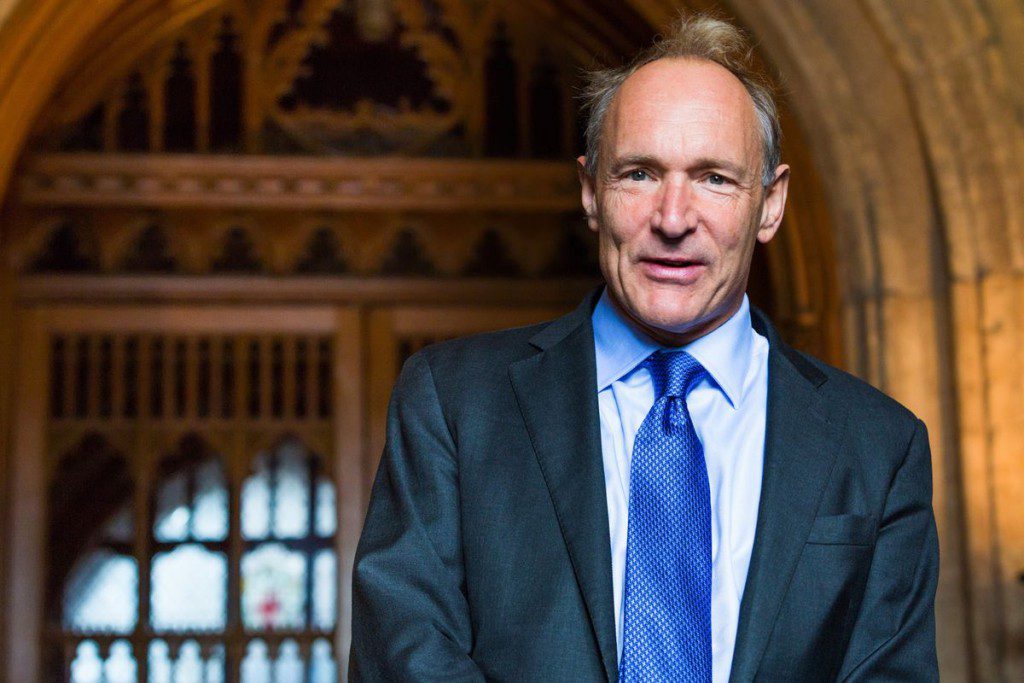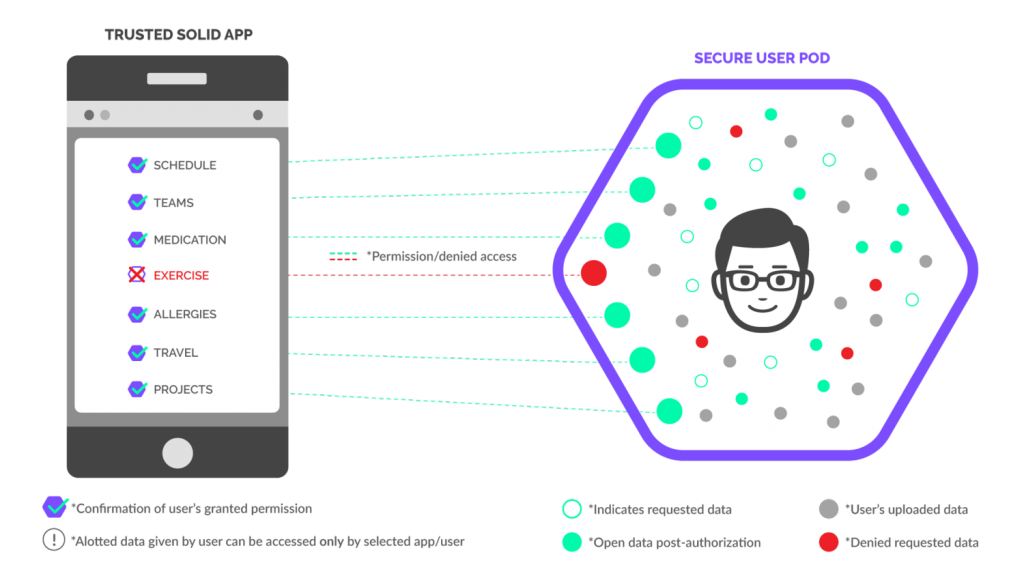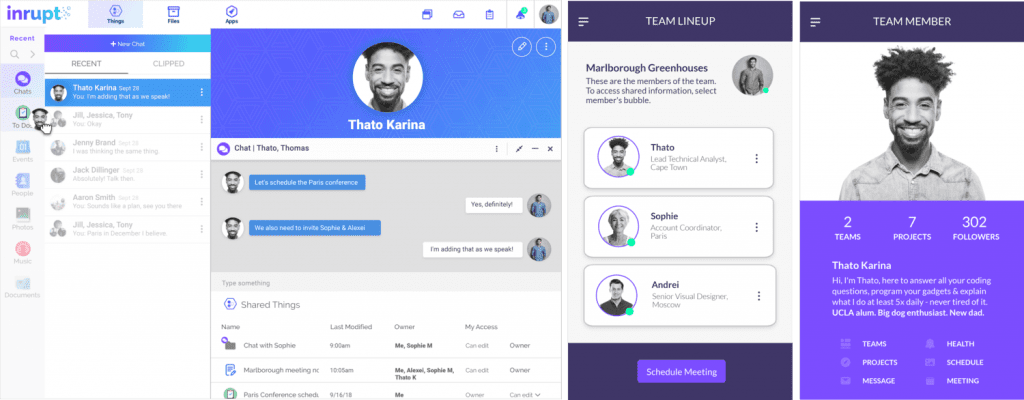The internet has been the technological breakthrough of the century — it’s unleashed new technologies, new companies, and a lifestyle that would’ve been unthinkable merely a dew decades prior. But one person isn’t quite happy with how the internet has shaped up — its inventor, Tim Berners-Lee.
Berners-Lee, who’d invented the World Wide Web in 1989, has announced that he’s been working on a project that will “reshape the web as we know it,” and “foster a new breed of applications with capabilities above and beyond anything that exists today.” Over the last few years, Berners-Lee and his team at MIT have been working on open source platform Solid, which claims to allow users greater control over their data. Now he’s revealed that he’s been working in stealth-mode on Intrupt, a startup that plans to build apps on the Solid platform.

“I’ve always believed the web is for everyone,” Berners-Lee says. “But for all the good we’ve achieved, the web has evolved into an engine of inequity and division; swayed by powerful forces who use it for their own agendas,” he adds. Ever since it was revealed that Facebook had compromised the data of 300 million Americans and let Cambridge Analytica use it to influence the US Presidential election, Berners-Lee says he felt a greater urgency towards his project.
Solid and Intrupt, thus, at their core seem to help users regain control of their own data. Solid’s website, explaining the motivation behind the platform, says that the web browser was also designed to also be an editor when it was first created — users could not only view text and images on the web, but also edit them. However as the web grew, the editing capabilities were slowly stripped away, and more read capabilities, such as multimedia and videos, were added. Soild seeks to enable easier write functionality for ordinary users, which Tim Berners-Lee says will help users get control of their own data, and unleash the full potential of the web.
But there are challenges to writing data — the platform needs to be certain of your identity, in order to determine if you have the rights to edit the data you’re trying to edit, and the underlying platform should also allow for such edits to be made. Solid claims it has both these capabilities — it will help uniquely identify users, and also also provide a platform for apps on which users can write data.
To put this into practice, all Solid users will get something called a Pod — a personal online data store. Every bit of data they add or create on Solid will exist within this pod. By controlling who can access the data in the pod, users will be able to control who accesses their data, and how, Berners-Lee says, they will take back the power of the web from corporations.
When the web was first conceptualized, people interacted with each other directly through it. But as Web 2.0 came along, big corporations like Facebook and Google inserted themselves between users, causing them to interact with each other through them. This led to data being duplicated across the several platforms you use — both Facebook Messenger and GMail, for instance, have your name and age. Solid hopes that with the pods that they themselves control, users will be able remove the middlemen. Instead of having, say, your name and age stored across every app you use on the web, it will only be stored within your own pod, and each app built on the Solid platform will access it through your pod.

Solid imagines that any number of apps can be built over its platform. There can be apps for calendars, music, videos, chat and research, essentially becoming like a mashup of Google Drive, Microsoft Outlook, Slack, Spotify, and WhatsApp. Crucially, the data across all these apps will only come from a single source — your pod — and you’ll be in control of it at all times.

It’s an ambitious plan. The internet is so omnipresent and pervasive that building a new version has thought to be mostly in the realm of fancy — Silicon Valley’s latest season has a plot line in which the protagonist tries to create a new internet. But if there’s someone who can actually do it, it’s probably the person who created it in the first place. And Tim Berners-Lee feels the time has come. “We have to do it now,” he says. “It’s a historical moment.”